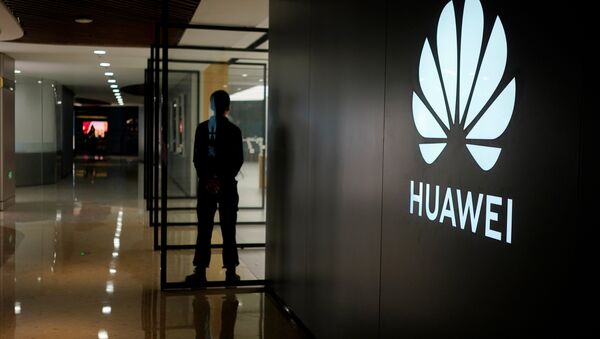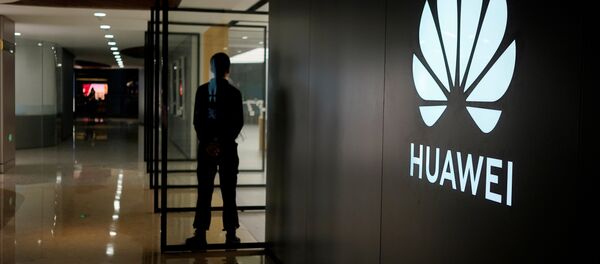Major telecoms operators are reportedly urging the government to clarify the UK’s position on Chinese tech giant Huawei, warning that uncertainty could risk the UK losing it’s position as a world leader in 5G.
In a draft letter addressed to Cabinet Secretary Mark Sedwill, seen by the BBC, telecoms leaders have requested a meeting with politicians to discuss their concerns.
A government spokesperson said: "The security and resilience of the UK's telecoms networks is of paramount importance and are committed to the highest possible security standards.”
"The Telecoms Supply Chain Review will be announced in due course. We have been clear throughout that all network operators will need to comply with the government's decision."
Huawei is the world’s largest telecommunication’s company and the leading supplier of next generation connectivity equipment but has seen backlash by the US.
The US government has introduced a ban on the use of Huawei technology, effectively baring US companies from trading with the company without government approval.
The restriction comes as part of the ongoing trade war between China and US, of which Huawei finds itself on the front line.
The US has also threatened to curb intelligence co-operation with any country that allows Huawei equipment to be used in its own networks.
Kong Dan, the former chairman of the state-owned Citic Group and Everbright Bank has said that the trade war reflects US fears of China’s “state-led economic model” rather than sincere concerns over national security.
BT-owned mobile operator EE said it had delayed the launch of Huawei’s 5G phones "until we get the information and confidence and the long-term security that our customers … are going to be supported".
The issue of indecisiveness has been echoed by Chinese Diplomat, Chen Wen who said that there could be ‘substantial’ repercussions if the UK bans Huawei.
"Is UK still open? Is UK still extending a welcoming arm to other Chinese investors?"
China has responded by accusing the UK of fostering a “deep-rooted pride and prejudice” over security fears and that spying would undermine business interests.
This is in contrast with US tech companies, Huawei also expressed willingness to sign “no-spy agreements” attempting to calm concerns that China could use the telecoms firm for surveillance.




